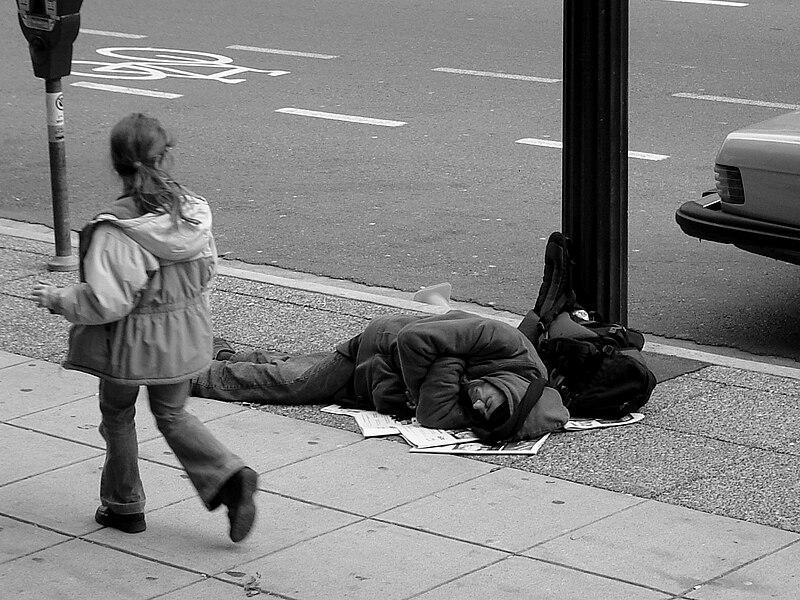Normally under such circumstances I tend to make myself as busy as possible to try and forget about it. Once I kick into work mode, the pain and distraction of grieving melts away like an inattentive child's popsicle on a hot summer's day. So I tried it this time, and it failed.
What is it about grief that makes it different each time one experiences it? There have been many people who have gone in my lifetime, most tragically and most young, yet they all affect me differently. Some were present or former classmates, others older family members, one was a fellow poet and one was my best friend. I miss them all. But my aunt's death has been very different from the others.
This is the first time I lost someone after my diagnosis of depression and anxiety this past May. In this sense I live in a totally different world from the one I inhabited previously. In the past, the chemical balance of my brain wasn't being managed the way it is now since I became a consumer. The weird fluctuations in mood and temperament are highly unusual to me and I've had to get away from everyone to take a bit of time inside my own head to start to sort through it all. My friends have noticed my weirdness but have been good about it. I'm not so sure I feel at peace with it, at all.
However, now that this is my new reality I have to learn how to cope. I know there are others out there who read this blog and have similar stories. It would be great if we could start a discussion in the comments on this topic. Grief is always hard and I'm learning it might be even tougher when one is newly learning how to cope with a mood disorder.
We bury my aunt on Friday. But I can't bury this emotional turmoil. I hope by speaking openly about it, this conversation might positively help someone else in the future.





